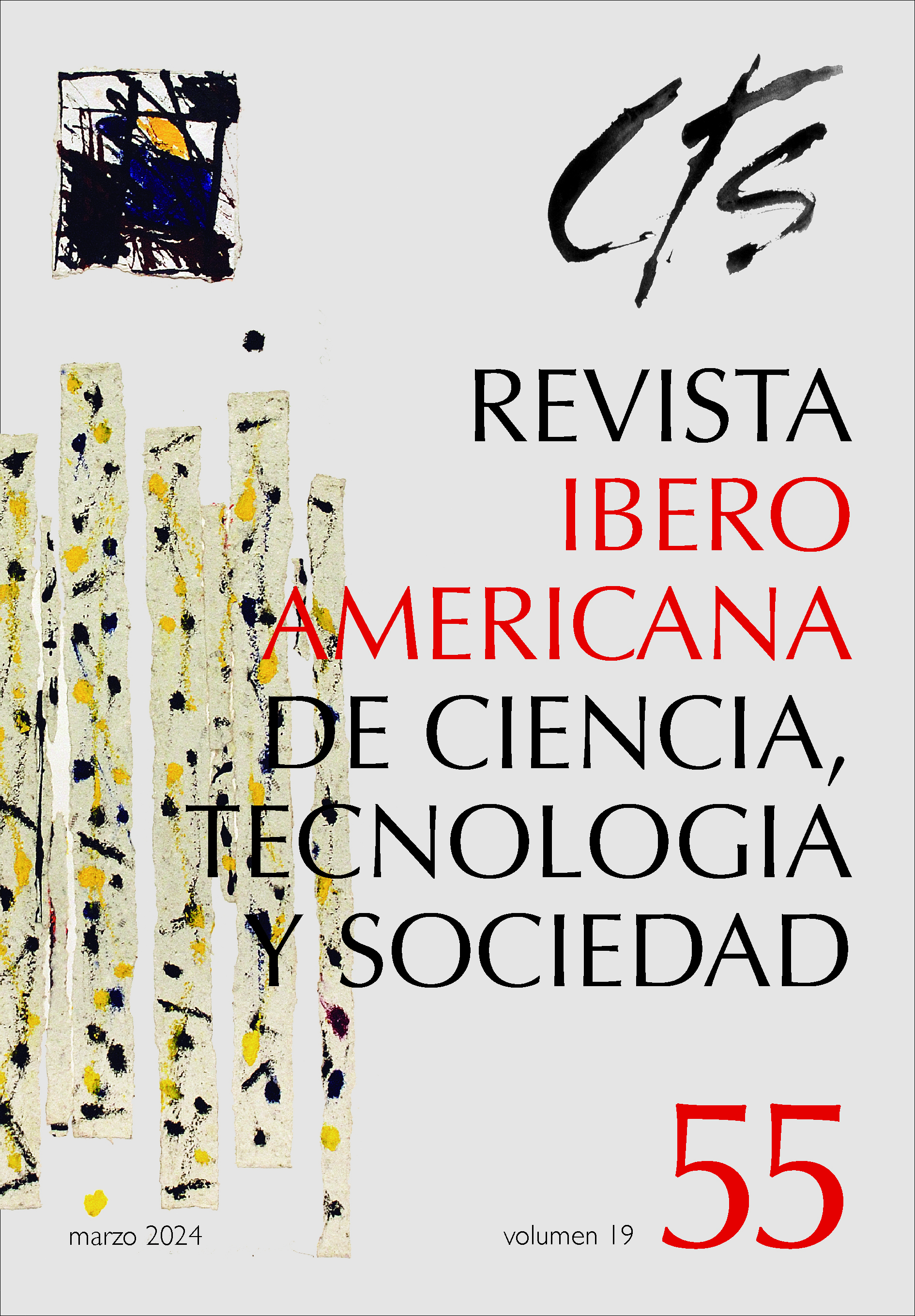A "Critical" Sociology?
The Normative Uses of Social Science
DOI:
https://doi.org/10.52712/issn.1850-0013-506Keywords:
Sociology, Value neutrality, Normative theory, Critical theoryAbstract
This article discusses the idea of a “critical” sociology and claims that the relationships between facts and values in social sciences have usually been presented in a unidirectional way, focusing attention on how values can influence research on social facts, rather than on how the latter can inform and influence our ethical and political assessments and preferences. Starting from a clarification of what a “critical social science” could consist of, the article reviews different objections to some of the contemporary versions of this thesis, such as those of Habermas, Putnam, Burawoy or Wright. It is argued that such objections cast doubt on the possibility and desirability of any “critical social science” if it is understood as an alternative to “conventional” social science, and that, instead, greater attention to the possible normative uses of social science tout court may satisfy the aims of that project without jeopardizing fundamental principles of honesty, reliability, and epistemic impartiality.
Downloads
References
Adorno, T. W. (1972 [1969]). La disputa del positivismo en la sociología alemana. Barcelona: Grijalbo.
Aguiar, F., De Francisco, A. & Noguera, J. A. (2009). Por un giro analítico en sociología. Revista Internacional de Sociología, 67(2), 437-456. DOI: https://doi.org/10.3989/ris.2008.11.24.
Burawoy, M. (2005). Por una sociología pública. Política y Sociedad, 42(1), 197-225. Recuperado de: https://revistas.ucm.es/index.php/POSO/article/view/POSO0505130197A/23044.
Burawoy, M. (2020). A Tale of Two Marxisms. Politics & Society, 48(4), 467-494. DOI: https://doi.org/10.1177/0032329220966075.
Goldthorpe, J. (2016). La sociología como ciencia de la población. Madrid: Alianza.
Habermas, J. (1982 [1968]). Conocimiento e interés. Madrid: Taurus.
Habermas, J. (1987 [1981]). Teoría de la acción comunicativa. Madrid: Taurus.
Habermas, J. (1980 [1978]). Conversaciones con Herbert Marcuse. Barcelona: Gedisa.
Haidt, J. (2016). Why Universities Must Choose One Telos: Truth or Social Justice. Heterodox: The Blog. Recuperado de: https://heterodoxacademy.org/blog/one-telos-truth-or-social-justice-2/.
Harsanyi, J. C. (1991). Value Judgements. En J. Eatwell, M. Milgate & P. Newman (Eds.), The World of Economics. The New Palgrave. Londres: Palgrave Macmillan. DOI: https://doi.org/10.1007/978-1-349-21315-3_97.
Horkheimer, M. (1974 [1937]). Teoría tradicional y teoría crítica. En Teoría crítica. Buenos Aires: Amorrortu.
Kuhn, T. (1971 [1962]). La estructura de las revoluciones científicas. México: Fondo de Cultura Económica.
Merton, R. K. (1977 [1962]). La sociología de la ciencia (vol.1). Madrid: Alianza.
Nagel, E. (2006 [1961]). La estructura de la ciencia. Barcelona: Paidós.
Popper, K. (1992 [1957]). La miseria del historicismo. Madrid: Alianza.
Putnam, H. (2004 [2002]). El desplome de la dicotomía hecho-valor y otros ensayos. Barcelona: Paidós.
Rawls, John (1995 [1971]). Teoría de la justicia. Madrid: Fondo de Cultura Económica.
Rawls, John (2002). La justicia como equidad. Una reformulación. Barcelona: Paidós.
Roemer, J. E. (1982). Teoría general de la explotación y de las clases. Madrid: Siglo XXI.
Sacristán, M. (1983a). Karl Marx como sociólogo de la ciencia. Mexico: UNAM.
Sacristán, M. (1983b). Entrevista con Manuel Sacristán. Mientras tanto, (16-17), 195-211. Recuperado de: https://www.jstor.org/stable/27819411.
Sen, A. (1967). The Nature and Classes of Prescriptive Judgements. Philosophical Quarterly, 17(66), 46-62. DOI: https://doi.org/10.2307/2218365.
Swift, A. (1999). Public opinion and political philosophy: the relation between social-scientific and philosophical analyses of distributive justice. Ethical Theory and Moral Practice, 2, 337-363. DOI: https://doi.org/10.1023/A:1009903718660.
Weber, M. (2009 [1904]). La “objetividad” del conocimiento en la ciencia social y en la política social. Madrid: Alianza.
Weber, M. (2010 [1913]). Por qué no se deben hacer juicios de valor en la sociología y en la economía. Madrid: Alianza.
Wright, E. O. (2010). Envisioning Real Utopias. Londres: Verso.
Wright, E. O. (2017). Marxism as an Emancipatory Social Science. Recuperado de https://www.ssc.wisc.edu/~wright/621-2017/lecture%2001%20-%202017%20-%20Prologue.pdf.
Downloads
Published
How to Cite
Issue
Section
License
Copyright (c) 2024 CC Attribution 4.0

This work is licensed under a Creative Commons Attribution 4.0 International License.
All CTS's issues and academic articles are under a CC-BY license.
Since 2007, CTS has provided open and free access to all its contents, including the complete archive of its quarterly edition and the different products presented in its electronic platform. This decision is based on the belief that offering free access to published materials helps to build a greater and better exchange of knowledge.
In turn, for the quarterly edition, CTS allows institutional and thematic repositories, as well as personal web pages, to self-archive articles in their post-print or editorial version, immediately after the publication of the final version of each issue and under the condition that a link to the original source will be incorporated into the self-archive.











